News

News
Four Nine x Wilderness Giveaway Terms & ConditionsT&Cs for Wilderness x Twisted GiveawayPromoter: Jungle Creations Limited (publisher of Four Nine), 6 Batty St, London E1 1RH (“Four Nine”).By participating in Wilderness X Four Nine’s "Givea5 minutes read
stefan A.
7 months ago
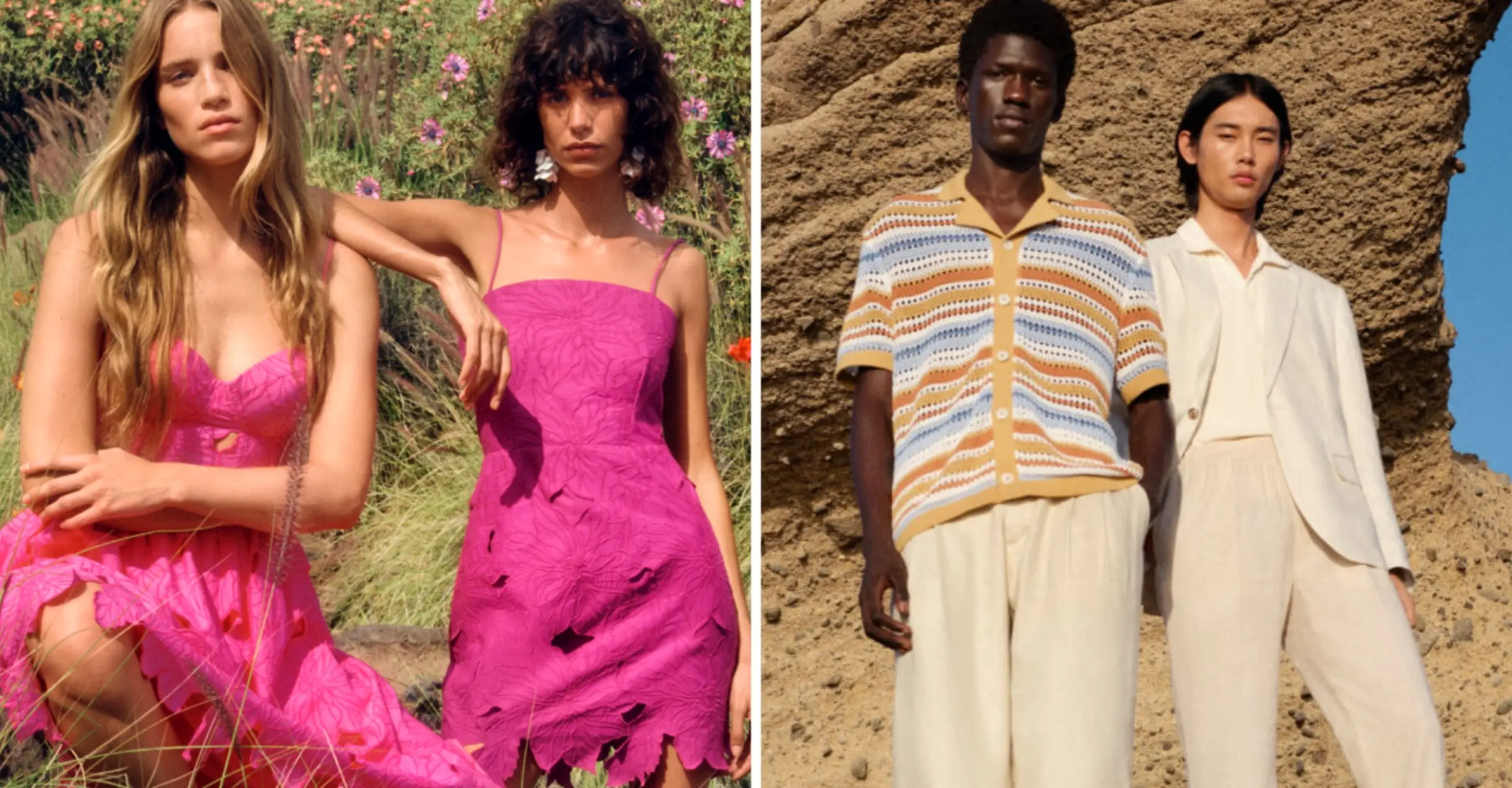
Uncategorised
Winter is over! Now it’s time to enjoy the sun and update your wardrobeThis is a sponsored article in partnership with H&M… Spring is officially upon us and there's no better time than a new season to switch up your style. As the weather heats up, we can finally start to shed the drab, dark layers of winter and step into brighter days…6 minutes read
stefan A.
2 years ago
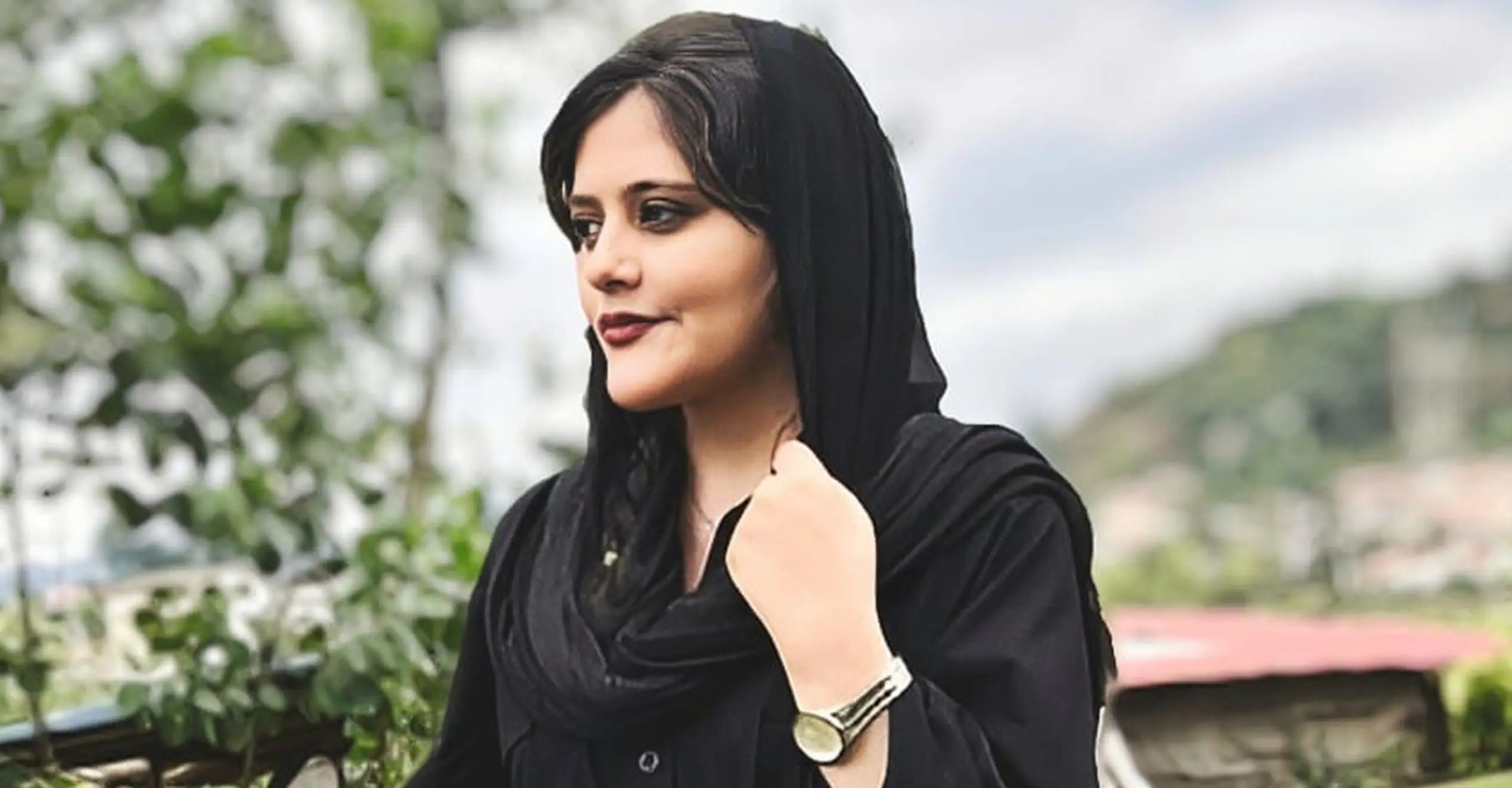
Uncategorised
How Mahsa Amini became a symbol of resistance in IranWhen 22-year-old Mahsa Amini took a trip to Tehran, Iran, on September 13, she could never have known that it would be her last. It was on this visit that Amini was arrested by the Middle Eastern nation's so-called "morality police," after they alleged she was wearing an inappropriate hijab.…5 minutes read
stefan A.
3 years ago
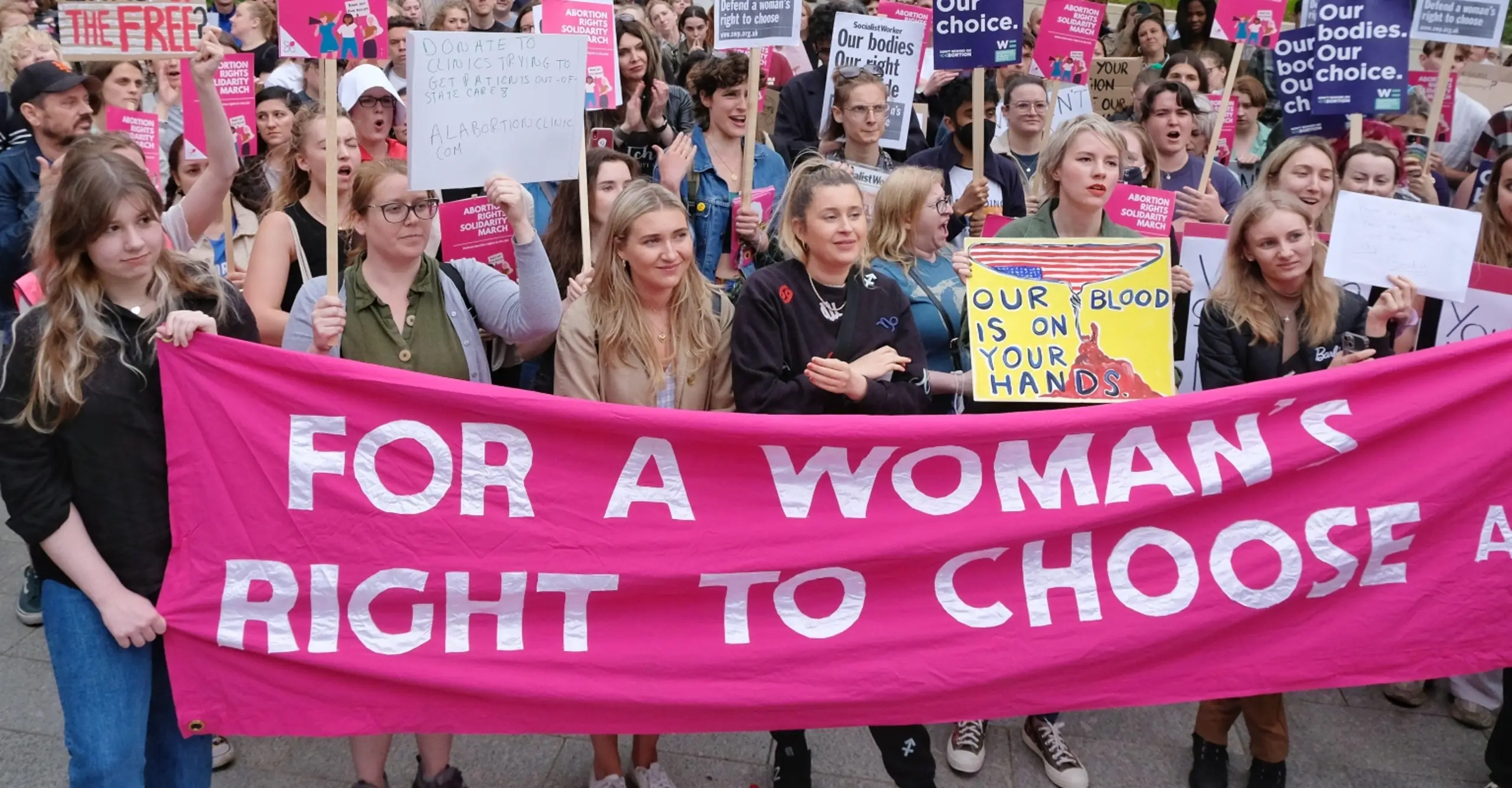
Uncategorised
Roe v. Wade: What you're saying in response to abortion rights being restrictedOn Friday, the United States Supreme Court voted to overturn the landmark Roe v. Wade decision that had been in place for nearly 50 years. With abortions no longer being viewed as a constitutional right, here's what you're saying about the SCOTUS' decision to overturn Roe v. Wade. What is…7 minutes read
stefan A.
3 years ago
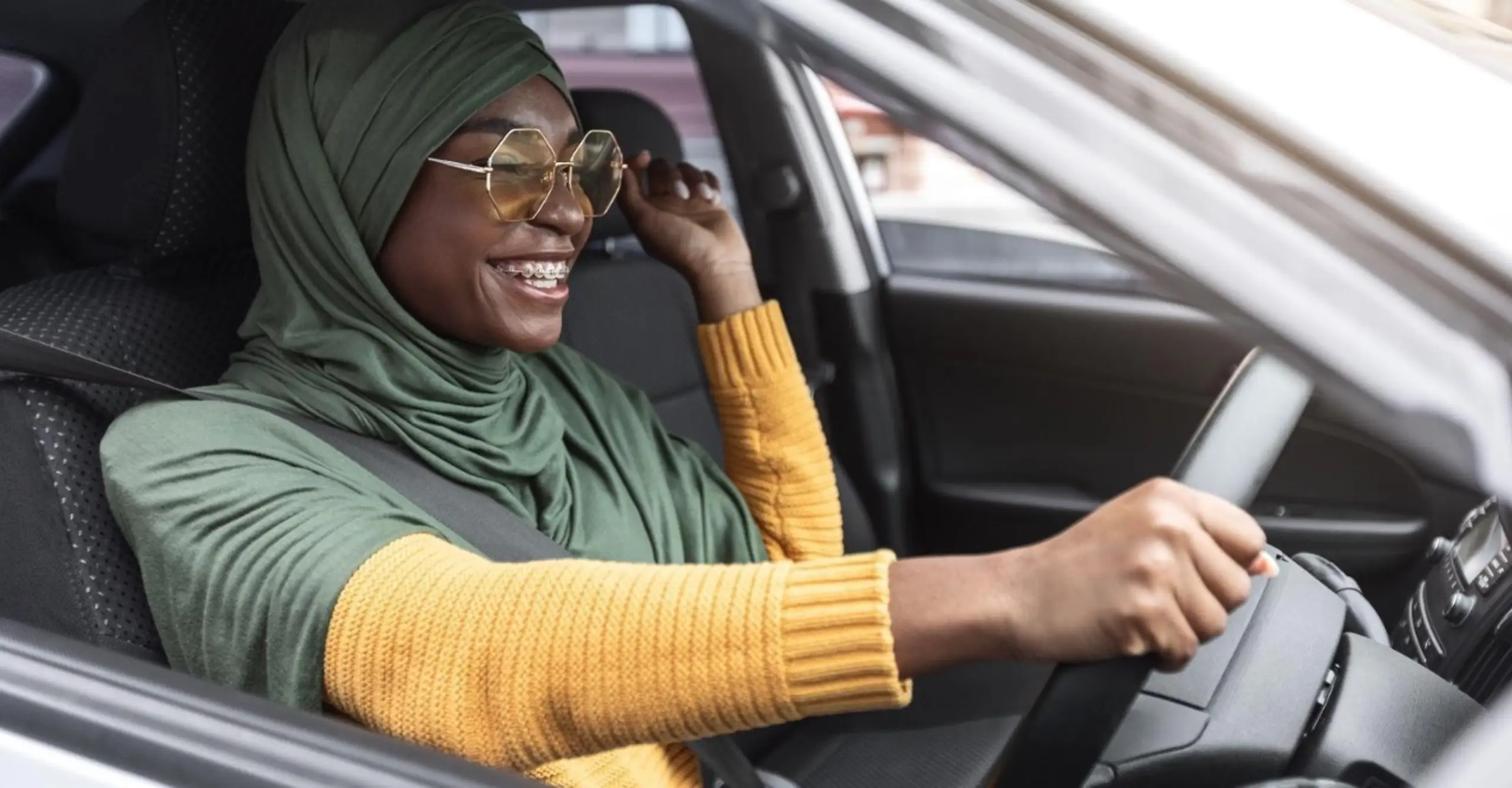
Uncategorised
What to expect when driving on a smart motorwayThis is a sponsored article in partnership with National Highways… Did you know that smart motorways without a hard shoulder make up around 10 percent of the motorway network? That’s why it’s so important to be able to recognise their features and how they work together. But what even is…6 minutes read
stefan A.
3 years ago

Campaigns
How to date yourself: 8 things you can do to practice self-loveIn many ways, the relationship we have with ourselves is no different from our romantic relationships. Both require effort, commitment, understanding, and most of all, love. The thing is, self-love is quite an easy thing to neglect in our busy lives. After all, many of us wouldn’t even consider it…11 minutes read
Fournine
4 years ago

Campaigns
Being alone vs being lonely — what’s the difference?Contrary to popular belief, being alone and feeling lonely are not one and the same. While, in many cases, the former is a prerequisite for the latter, they can and do occur independently of each other. You can absolutely feel lonely without ever physically being alone, and in a similar…5 minutes read
Fournine
4 years ago
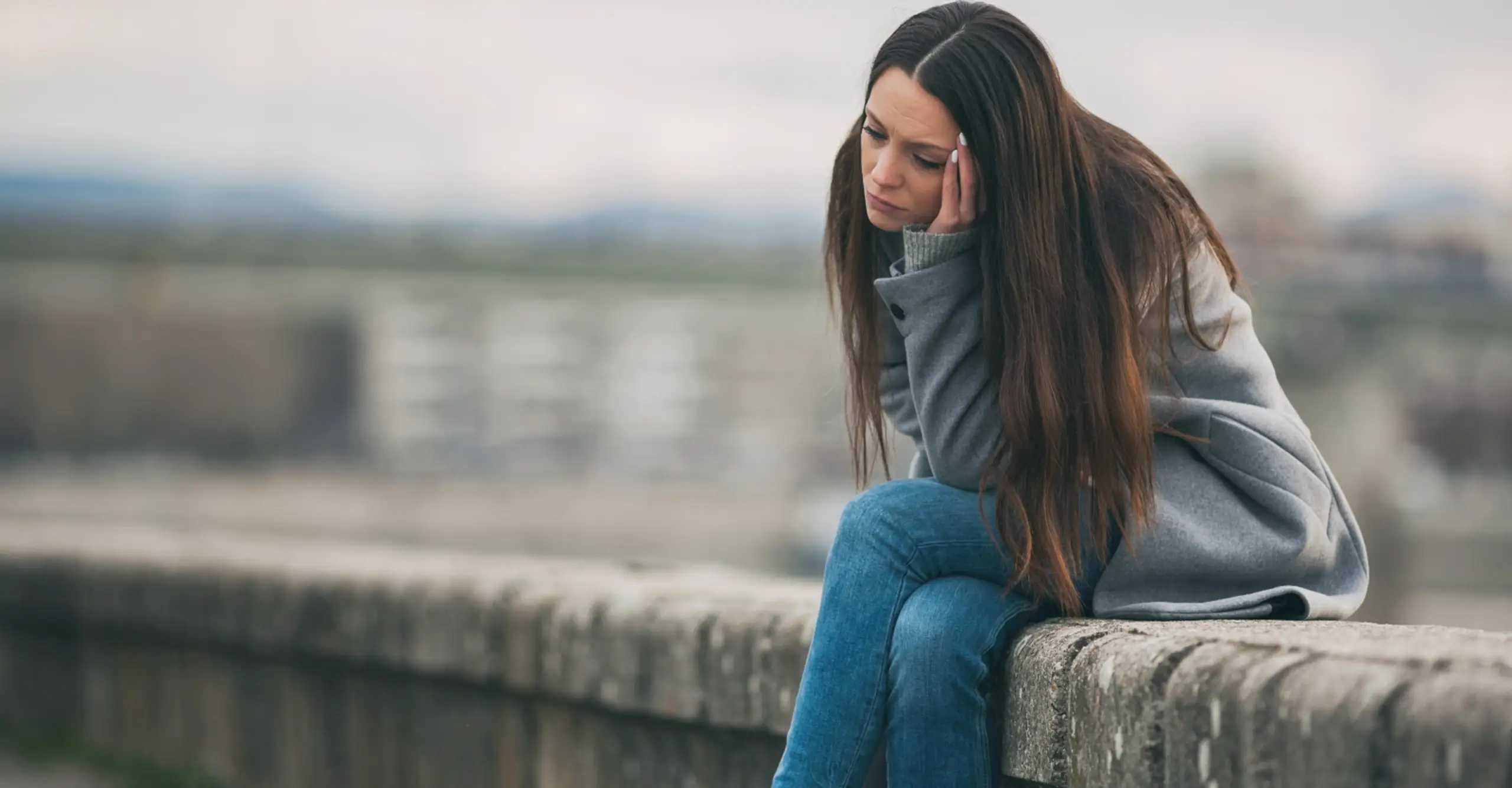
Campaigns
Students suffer increased rates of loneliness as impact of the pandemic continues to be revealedDespite their reputation as one of our most sociable demographics, students are bearing the brunt of loneliness amid the ongoing Covid-19 pandemic. Having partnered with YouGov on a survey on loneliness in the UK, Four Nine can reveal that 41% of full-time students feel lonelier now than they did before…8 minutes read
Fournine
4 years ago
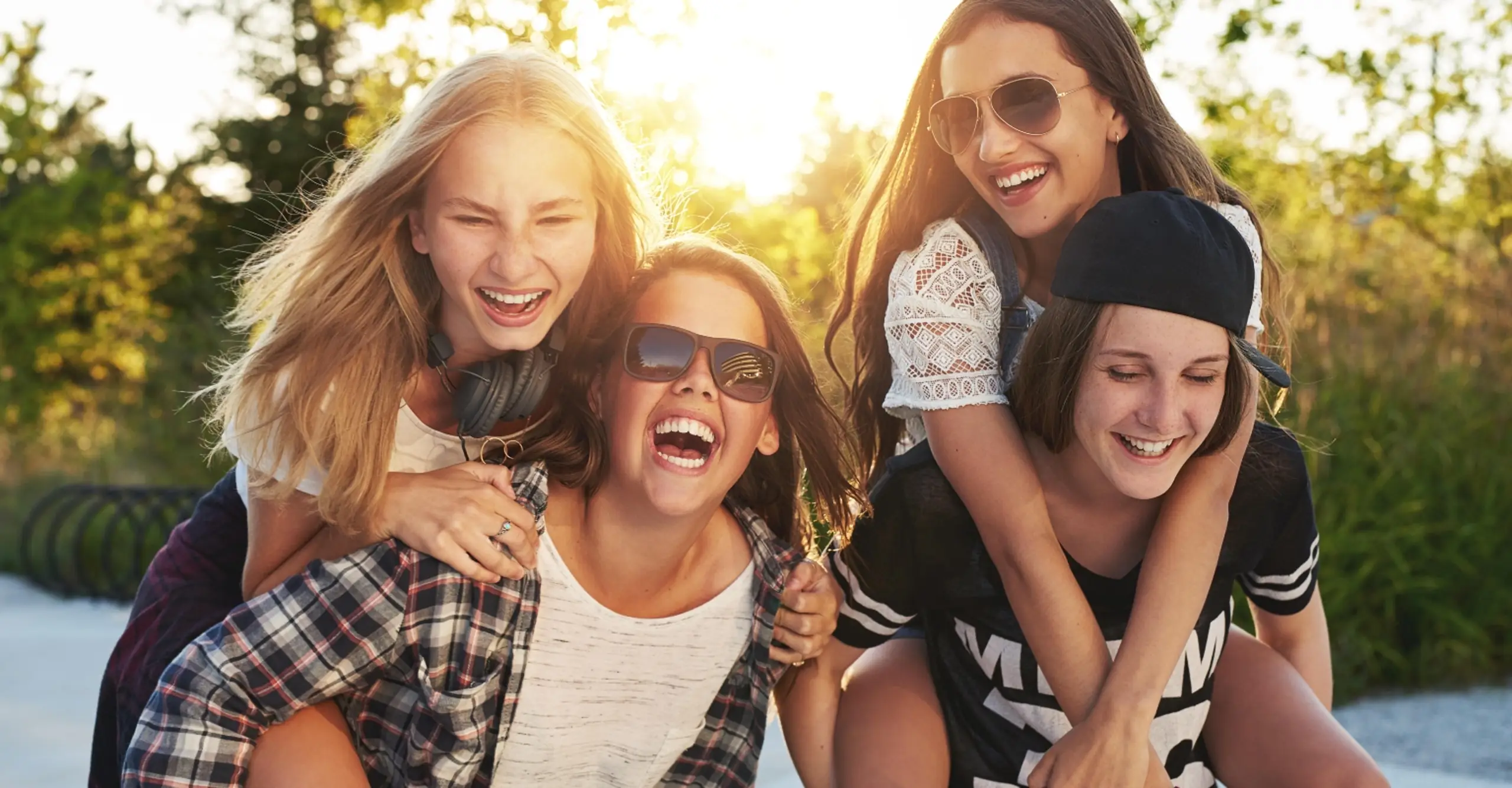
Campaigns
5 ways you can make friends well into adulthoodMaking friends as a child was a relatively easy feat. For one thing, we lacked the inhibitions to care whether asking another kid point-blank “do you want to be my friend?” was a strange opener. And let’s face it, we were also a lot less picky where friendships were concerned.…9 minutes read
Fournine
4 years ago
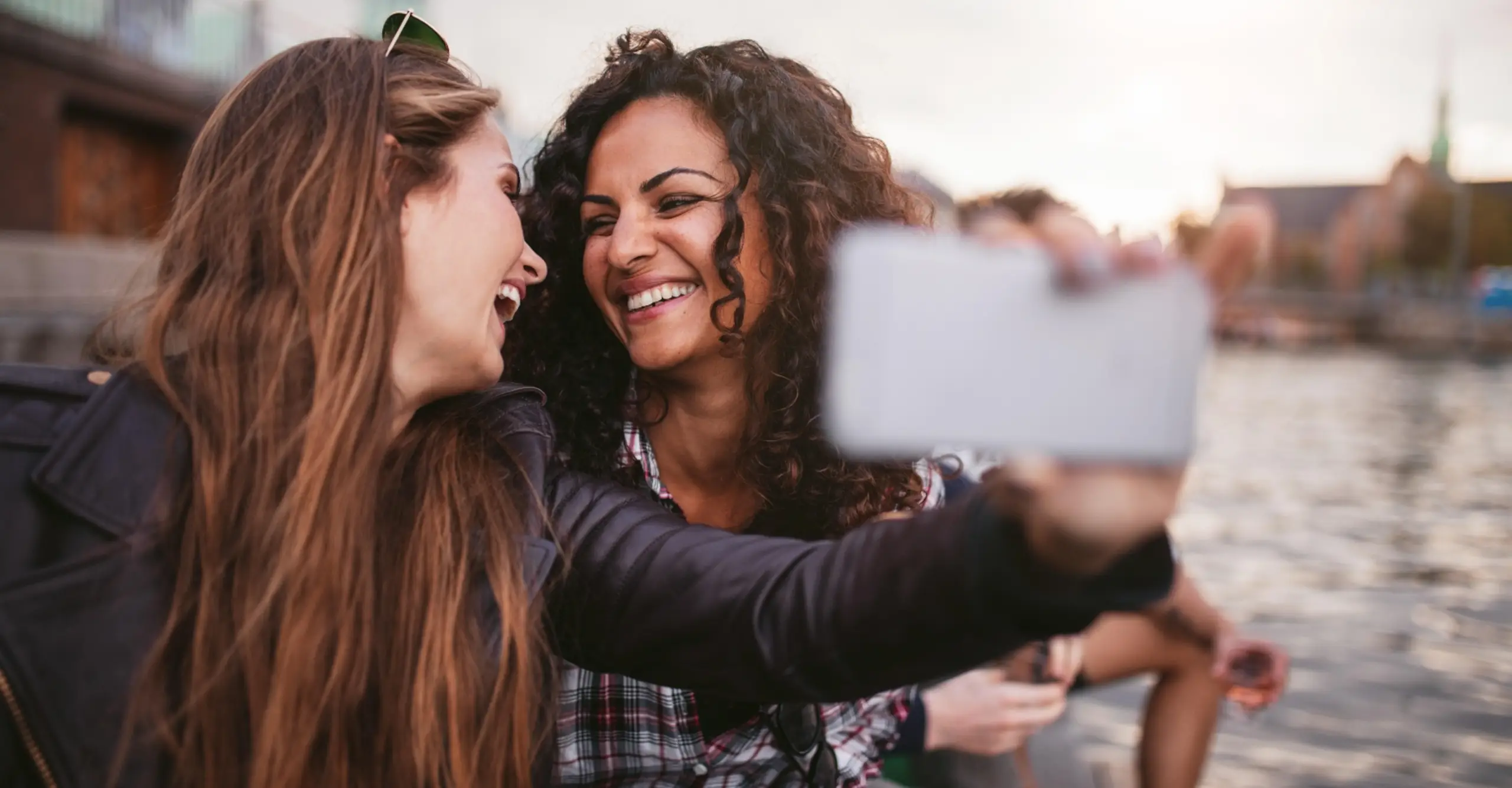
Campaigns
Relationship counsellor explains how to retain strong friendships throughout your lifeAs the old adage goes, friends are the family we choose. If this rings true for you, the importance of holding on to a good friendship should be self-evident. The truth is, close friendships are some of the most fulfilling aspects of our existence - and for good reason. Our…7 minutes read
Fournine
4 years ago
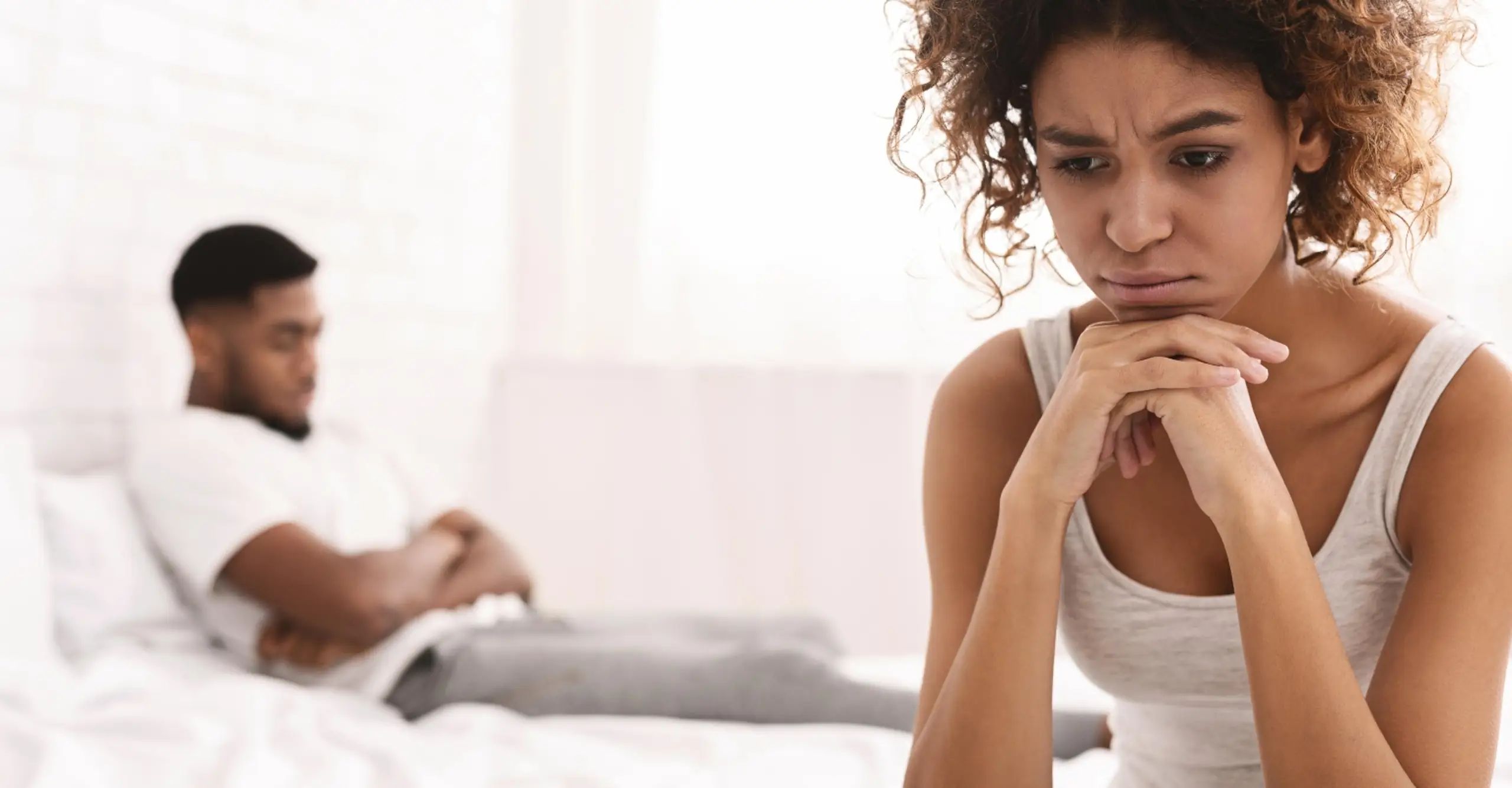
Campaigns
Feeling lonely in your relationship? 7 tips to help combat emotional isolationContrary to popular belief, you don't have to be alone to feel lonely. And you certainly don't have to be single either. While it's natural to assume that being in a relationship will fulfill all your needs for mutual affection, rapport, and closeness - unfortunately, this isn't always the case.…9 minutes read
Fournine
4 years ago
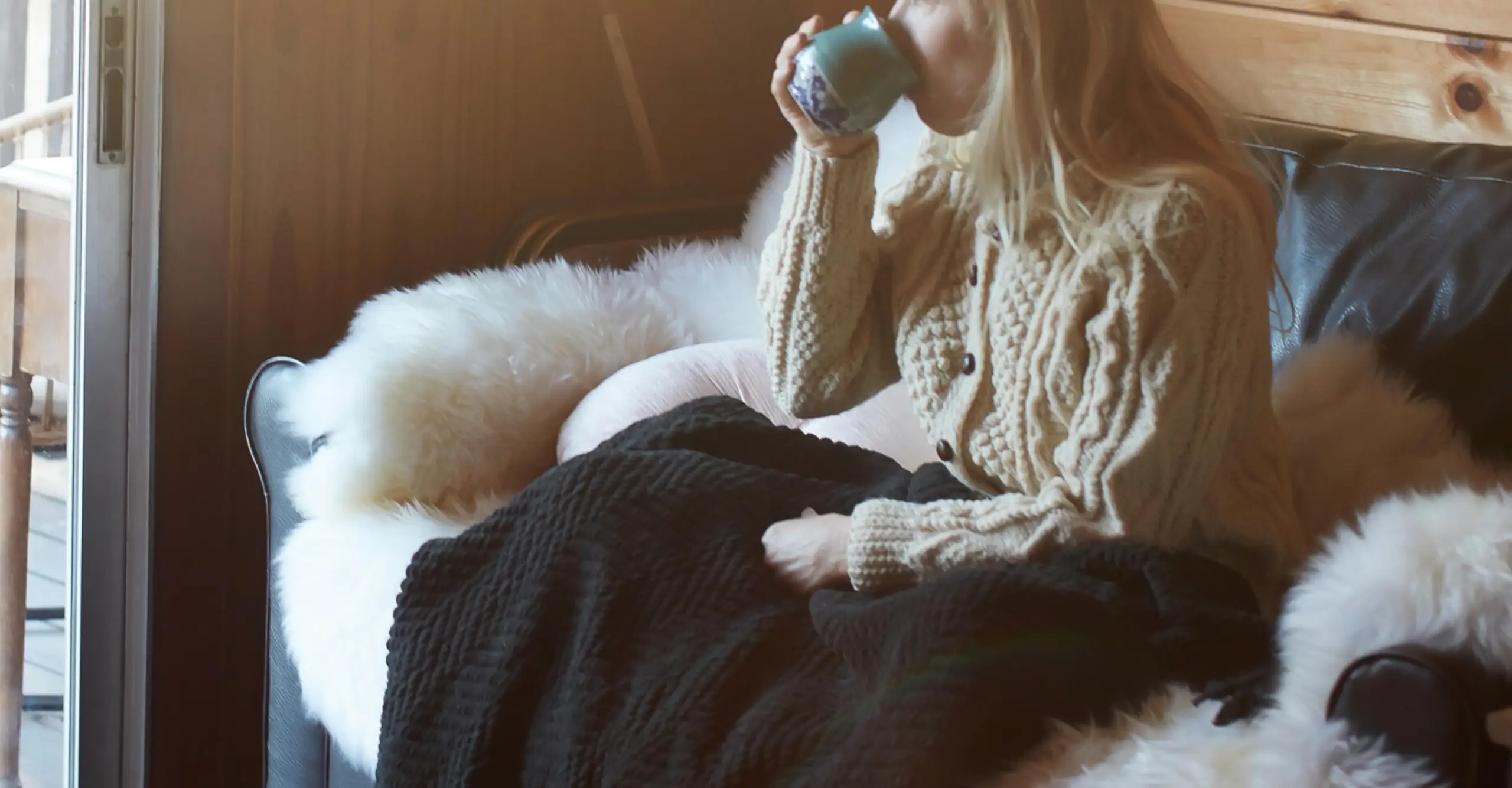
Campaigns
How introverts experience loneliness and how to handle itIf you happen to be an introvert, you would know that being alone and being lonely are not the same thing. Of course, loneliness implies that an individual is alone - but, crucially, that they are finding this alone time unpleasant and difficult to deal with. Being lonely is inherently…6 minutes read
Fournine
4 years ago